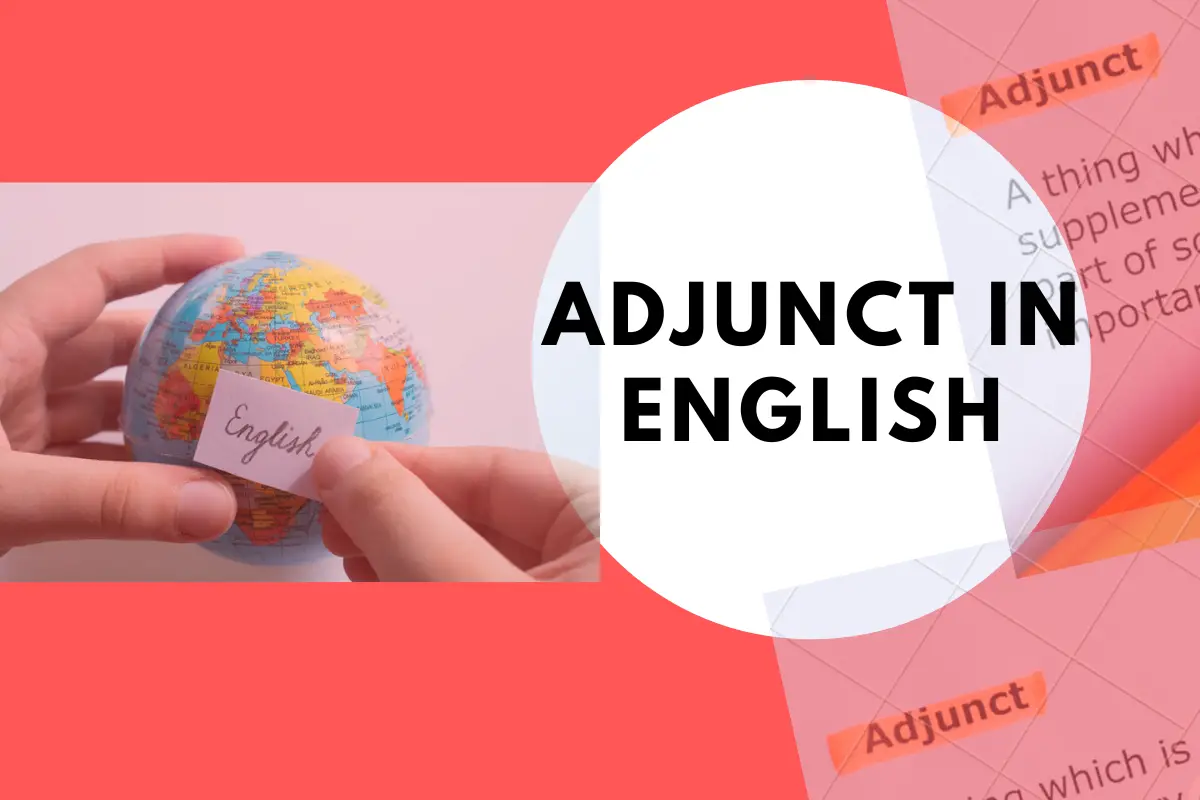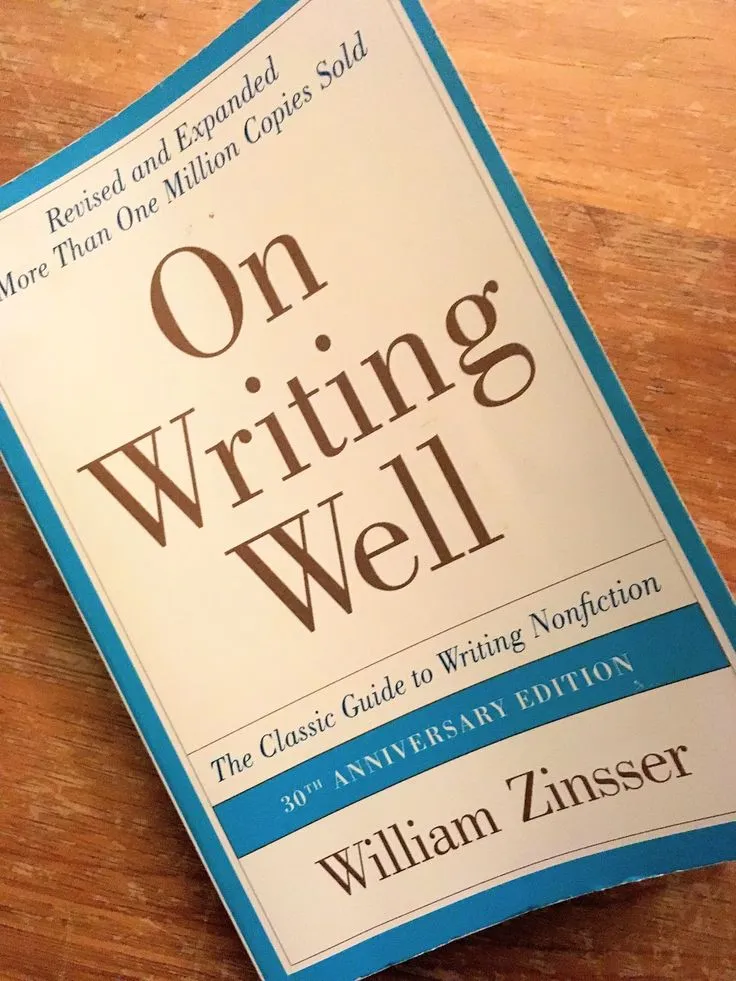Adjuncts in English: You may learn more about adjuncts in this post, including what they are, how to recognize them, and what they do in sentences.
What are adjuncts in English?
Definition of an adjunct: In English, an adjunct is a word, phrase, or clause that changes a sentence’s subject or verb without altering the sentence’s overall meaning. Although its presence is not required for the phrase’s construction, it is an additional or secondary piece of information that alters something in a sentence and increases its informativeness. Therefore, it can be dropped from the statement without affecting its integrity or making it grammatically incorrect.
Adverbs or nouns that function as adjectives or adverbs are typically considered adjuncts. Before going forward, let’s take a quick look at some sentences with adjuncts:
- Manha plays cricket in the morning.
The prepositional word “in the morning” serves as an adjunct in this sentence (adverbial adjunct). Without it, the phrase is still grammatically correct (alone): Manha plays cricket.
Without it, we simply lose some information that could—and, in most situations, actually does—help you understand the situation better. Without it, we simply are unable to predict when and where the action will take place. The sentence is nonetheless grammatically correct and makes sense despite this. It is clear that the addition of this fact (adjunct) enhances the informational value of the phrase.
2. They hardly attend parties.
The term “hardly” is an adjunct and a typical adverb in this context. By discussing frequency, it modifies the verb “attend” and lets us know how frequently the action occurs. The sentence’s primary meaning won’t alter if it is removed.
3. Let’s have some pasta in front of the house.
“In front of the house” is the adjunct in the sentence. It is not essential to the sentence’s fundamental meaning or grammatical soundness.
An adjunct can appear more than once in a sentence!
There is no restriction on the number of adjuncts that can be used in a sentence. Check out an example to see what I mean.
Core Sentence: We will text you. (We’ll give you a text.)
Sentence with numerous adjuncts: After the party, we’ll text you at your number in the evening without a doubt/Definitely.
There are 4 adjuncts in this sentence. If we had chosen to, we could have introduced more adjuncts. The addenda are as follows:
- Definitely/without a doubt
- In the evening
- At your number
- After the party
Multiple adjuncts in a sentence might make it appear awkward. Therefore, try to avoid using them excessively.
Mind it: Adjunct can be used as a word, phrase, or clause.
“The word” adjunt:
Adverbs of frequency, sentence adverbs, adverbs of time, adverbs of place, and adverbs of manner are examples of adjuncts that function as single words in sentences as adverbs.
Let’s examine a few adjuncts individually.
Fortunately, I was there to help you.
‘Fortunately’ is the sentence’s adjunct. The statement as a whole is being modified by a sentence adverb.
I often call my school friends.
The adjunct in the sentence is “often,” which is an adverb of frequency.
I will throw a party tonight.
The adjunct in this sentence is “tonight.” It is a temporal adverb.
Jon is calling you upstairs.
The adjectival phrase in the sentence is “upstairs.”
You beautifully organized the function.
“Beautifully” serves as the sentence’s adjunct.
Adjunct as a phrase
A few phrases have the potential to act as an adjunct to the sentence they are a part of. The most typical of them are infinitive and prepositional phrases.
Examples:
They are talking to the boys in my room.
(The males in my room are being spoken to by them.)
The adjunct is ‘in my room’ in this case. It is a prepositional phrase that serves as the sentence’s adverb. The information is referred to as an adjunct because it is not necessary to the sentence.
Jon is working very hard to take care of his family.
(Jon puts a lot of effort into providing for his family.)
The infinitive phrase “to take care of his family” functions as an adverb. It is referred to as an adjunct because it is not necessary to the sentence.
We will be here after the match.
I will call you in some time.
Ashok left early to join the wedding of his friend Amit.
She was begging us not to leave her place.
Adjunct as a clause
An adjunct to a sentence is a dependent clause that functions as an adverb. Let’s examine a few instances.
I went shopping as I was getting bored.
A dependent phrase that functions as an adverb and states, “As I was getting bored,” explains why the action was taken. Given that it is not necessary to the main sentence, it is an adjunct to it.
Nancy will leave her office after the meeting gets over.
‘After the meeting ends’ is an adjunct to the main clause in this sentence. It is a dependent phrase that serves as an adverb to describe the action’s timing.
She follows me everywhere I go.
The adjectival phrase in the sentence is “wherever I go.” The location of the action is used to modify the main verb.
Adjunct vs Complement
You can mistake an adjunct for a complement. A sentence’s complement can also provide information about a subject. However, an adjunct provides auxiliary information about the primary verb and is typically an adverb, but a complement provides necessary details about something in a phrase and might be a noun, an adjective, or an adverb.
The removal of an adjunct from a sentence does not render it grammatical or change the meaning of the phrase; however, the removal of a complement does.



